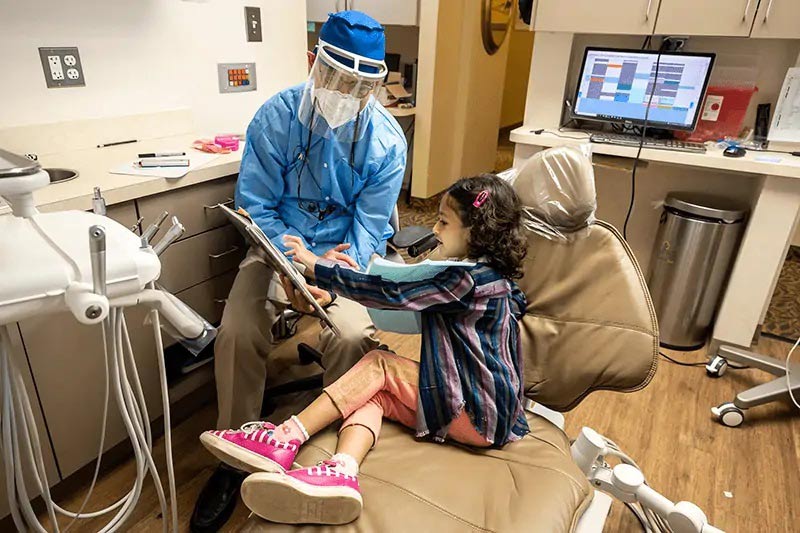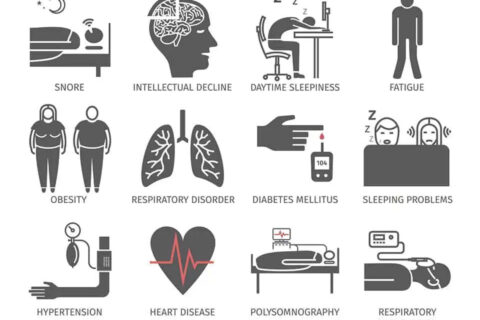Sleep Apnea & Breathing Disorders for Children

Breathing disorders, like sleep apnea, can contribute to a number of different disorders that interfere with a child’s healthy development. Such issues may include chronic sleepiness, headaches, earaches, bed-wetting issues, trouble paying attention in school, ADHD, and irritability.
Breathing disorders that affect children during sleep are not uncommon and because of this, concerned parents often find themselves unaware of why these issues are occurring or what to do about them.
Sleep-related breathing problems are closely related to the way that the bones in a child’s head and face develop. If a child’s craniofacial bones form incorrectly and the palate is too narrow, the jaw is set too far back, or the teeth are crowded, it can be difficult for children to breathe properly when they’re sleeping.
This is often because the tongue cannot adequately rest in the mouth when the child is asleep. In some circumstances, the lower teeth are in the way, and in others, the width of the jaw does not leave enough space in the mouth for the tongue to relax. As a result, the airway can become blocked by the position of the tongue or jaw.
Because of this, many children with sleep-disordered breathing tend to rely on mandibular advancement devices (MAD) to keep the jaw in its intended position and maintain the integrity of the airway. While these devices are effective during sleep hours, they only serve their purpose when being worn.
The MAD devices are not a treatment or method of correcting the cause of a child’s breathing issues.
However, at the Washington Airway & Wellness Center, our medical professionals utilize Vivos technology to help children develop their jaws properly by employing removable oral devices that stimulate jaw growth.
With this technology, our goal is to restructure the mouth by modifying the way the jaw is shaped, which will then facilitate a healthy, open airway.
Vivos technology is more than a simple device because it attempts to create positive, permanent changes to the jaw and airway rather than simply combating disordered breathing during wear-time only.
If you know or suspect that your child has a sleep-disordered breathing condition and you’d like to treat the issue in a safe, effective manner, please contact us at the Washington Airway & Wellness Center either on our website or at 202-463-2090.


